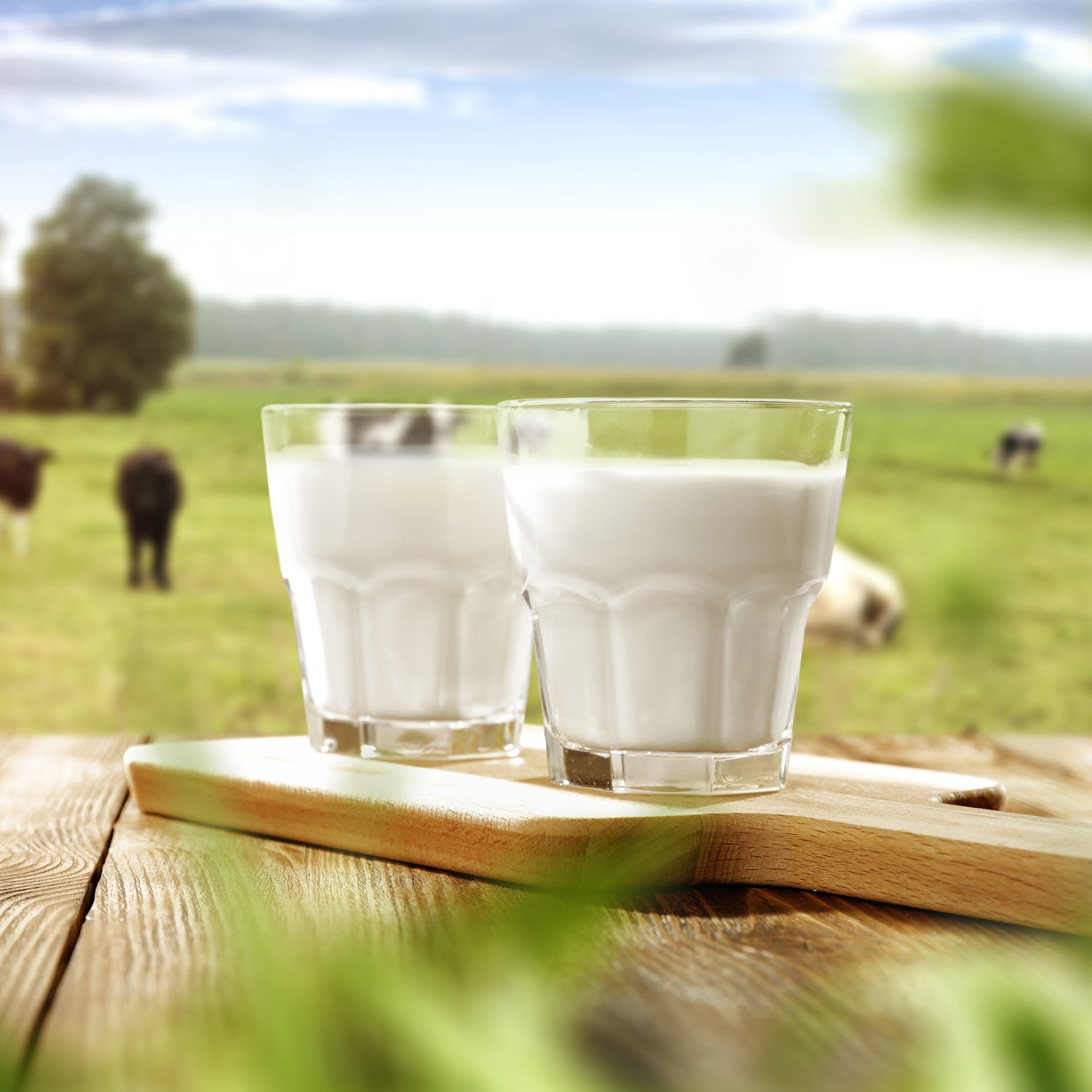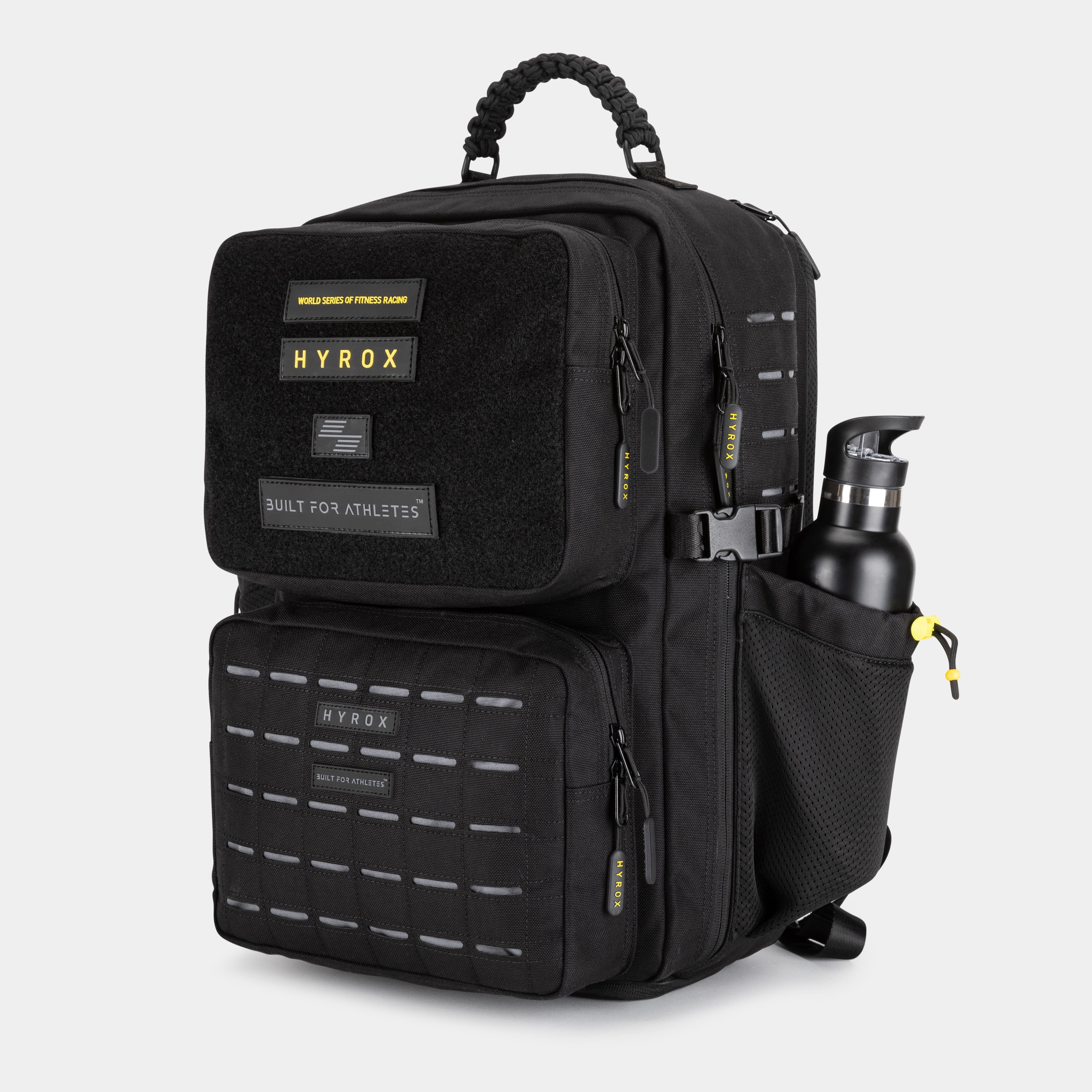Milk is a staple product used by athleten far and wide for recovery purposes.
There’s some debate as to what type of white stuff is optimal for those undertaking intense resistance or endurance training.
What is clear is that different individuals will have different needs, but here is a breakdown of the nutritional values in three common types of milk so you can make a more informed decision on what is right for you.
Cow’s Milk
Perhaps the biggest positive of drinking cow’s milk is the amount of protein it provides.
Its full-fat version contains 3.4g of protein per 100ml.
It also provides a number of vitamins such as calcium and omega-3 fatty acids which can boost bone health and protect against heart disease respectively.
The major downside is a high number of calories and fat at 64kcals and 3.6g per 100ml respectively.
Soya Milk
At 3.3g per 100ml, soya milk actually contains a very similar amount of protein to cow’s milk.
Where it takes an advantage over its animal-sourced alternative is in fat content.
Soya milk only has 1.8g of fat per 100ml, so it is a good option for those looking to get protein benefits but cut down on fat consumption.
It also often comes fortified in vitamins A and D.
Almond Milk
Almond milk comes with by far the lowest amount of protein out of any of the options listed here.
It only offers 0.4g of protein per 100ml.
However, it also comes with a big reduction in calories (13kcals) and fat (1.1g), so it may be the right option for those looking to lose weight.
It also regularly comes fortified in vitamin B12, making it ideal for vegans and vegetarians.























































Teilen Sie:
Heimtraining für Crossfit
Welches Fitnesstraining machen F1-Fahrer?